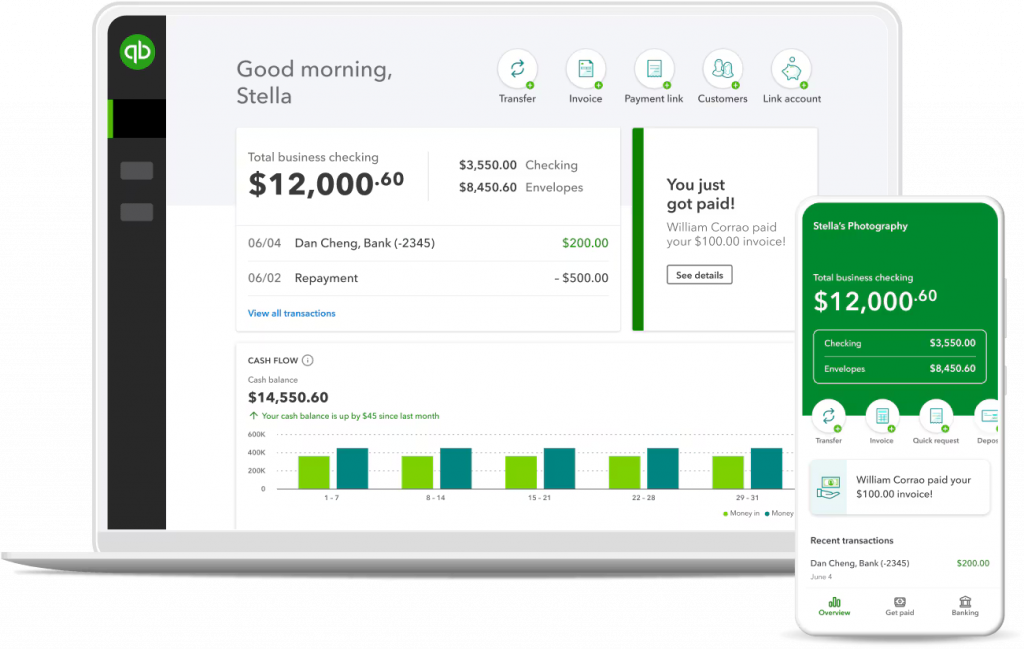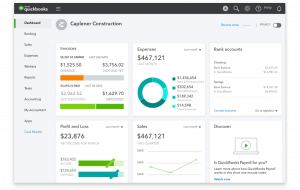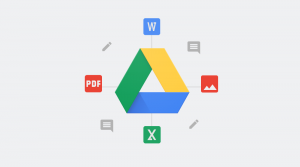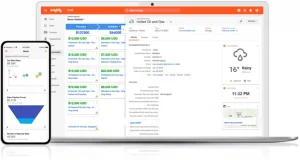
Streamlining Project Workflows with Automation Tools
Are you wondering how technology can help a small business? It is quite natural to be worried about the expenses. Can a small firm really afford business technology which is usually tailor-made and expensive? Perhaps it would be cheaper to just stick to traditional non-automated methods. But better? No.
Small businesses too can afford technology to streamline operations thanks to greater access to open-source software and more off-the-shelf business software. Thus small companies can now exploit the benefits of technology, without spending huge chunks of time and cash needed for custom-made solutions.
Gone are the days when only large businesses could afford efficient technology
Now that you are sure you can afford technology, it is time to introduce you to some that you can use.
Accounting Apps
Using manual accounting systems is the norm for small businesses. Even when it isn’t completely paper-based, it usually involves an accountant using general spreadsheet software such as Microsoft Excel, and achieving a bit of digitization. However, a far more automated and efficient system can be in place if more business-specific accounting software were used.

[Source: Quickbooks.com]
Quickbooks is a popular choice, available on both computer and mobile platforms, which small businesses can avail at an affordable price. Its quick and easy interface allows businesses to track sales and expenses and has neat sections for customer data, employee data, and vendor data. It can be used to track and automate customer payments and create professional invoices, track amounts owed to vendors, calculate taxes, and even automate the payroll for employees.

[Source: Quickbooks.com]
Such a software can create very accurate business and financial reports that can help small businesses make much better decisions. Thus, accounting software can not only cut costs of inefficiency in manual and semi-manual systems but also help businesses exploit new opportunities with better financial planning and decision-making.
Online Recruitment Platforms
Small businesses can easily access a huge pool of jobseekers online. By going the relatively traditional way of placing ads on job portals like bdjobs.com, companies can recruit people in a more cost-effective manner compared to newspaper ads.
Small firms can go a step further by creating strong professional networks on LinkedIn. Moreover, if a small company needs help for seasonal work or extra workload, it can outsource the work to freelancers through sites like Freelancer and Upwork, instead of hiring more full-time employees which can be quite expensive.
Task Management Apps
Task management apps allow all users to see upcoming, pending, and completed tasks and relevant deadlines. Tasks can be grouped together, notes can be added to tasks for clarification, and can then be assigned to members. These apps basically show all tasks at a glance so that everyone on the team is aware of what has to be done and by whom.
Trello is a popular choice because of its simple and intuitive interface. These apps have replaced the need for physical boards at work or the need to go through backlogs of email just to know what is going on. Not only are resources saved, but productivity is significantly boosted too.

[Source: Trello.com]
Communications Apps
Internal communications can be streamlined using off-the-shelf applications like Slack. Members can communicate one-on-one to each other and to groups, through texts or calls.
Files can be shared too and can be synced with task management apps like Trello and file storage like Google Drive. Teams can therefore collaborate and work together from anywhere. While productivity is boosted, significant savings in telephone allowance for communications can also be made.

[Source: Google Drive]
Customer Relationship Management (CRM)
Customer relationship management, or CRM, is tailor-made software that enhances the customer experience and streamlines the internal customer handling system. These save and manage customer information, customer interactions (over the phone, email, live chat, social media, and in person), and sales data among others to come up with trends about customer preferences and responses.
Social media integration allows companies to know customers even better from their public profiles. By knowing their customers better, small businesses can develop more successful future products and services and come up with more effective marketing plans. Money won’t be lost due to a lack of confused customer interactions and more money can be made with customer insights. Insightly and Zoho.com are quite popular because of their functionality and the low-cost packages they have for small firms.

[Source: Insightly.com]
The list goes on. Cloud file storage and sharing services, finance management software and inventory management software are also quite popular. It is just a matter of finding the right fit of software for the company.
Softograph Limited works with efficient use of technology in the forms of high-performing software, intelligent mobile apps, and smart technical solutions to business problems.